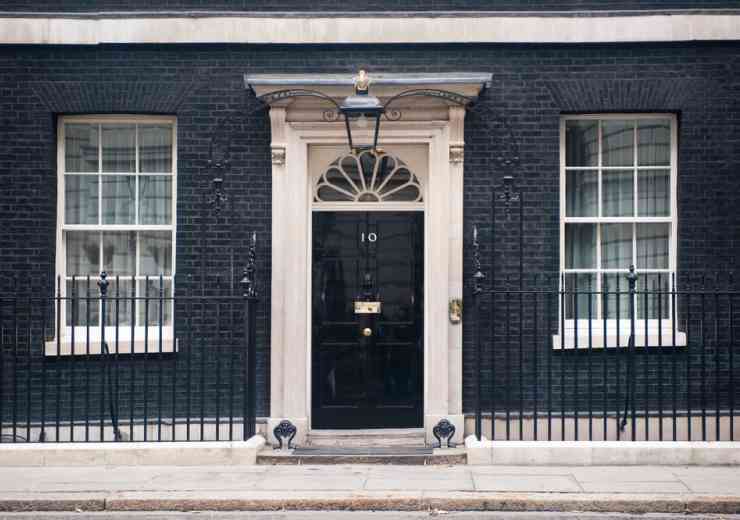Clegg calls for transparency in security surveillance
Deputy prime minister Nick Clegg has called for greater transparency and “strong, exacting, third-party oversight” of UK intelligence agencies.
He says this is essential to demonstrate the right balance between privacy and national security in the light of revelations by Edward Snowden about mass surveillance by the US National Security Agency (NSA) and its UK counterpart GCHQ.
Clegg commissioned an independent committee to review the UK’s internet surveillance operations after failing to convince prime minister David Cameron that new regulations for the internet age are needed.
The Royal United Services Institute has agreed to open a review, which Clegg said, in an article for the Guardian, will be headed by “a panel of experts with backgrounds in technology, civil liberties, and intelligence work”.
In a speech at the Royal United Services Institute on security and privacy in the internet age, Clegg said security agencies should follow the example of private sector companies such as Google, Microsoft and Yahoo, by publishing annual transparency reports, according to the Telegraph.
He said the transparency reports should include a breakdown of the requests made under the Regulation of Investigatory Powers Act (Ripa) for access to communications data held by internet service providers and telecoms firms, to enable citizens to see which agencies request data and for what purposes.
"Secrecy is essential for the agencies to conduct their operations but, if blanket secrecy becomes an unthinking default response, then public trust will suffer," said Clegg. "The assumption should always be for openness where possible, secrecy where necessary."
Clegg also called for greater oversight of the parliamentary Intelligence and Security Committee (ISC), which has been criticised for failing to hold UK intelligence agencies to account and for being too close to the government.
He said privacy is integral to a free, fair and open society, but this is not possible if people are constantly worrying about who might be reading their words, watching their movements or monitoring the company they keep.
In the Guardian article, Clegg said he has not yet been able to agree these ideas with his coalition partners in government. However, he said the Liberal Democrats will continue to champion their introduction both inside and outside of government.
"It is in all our interests that the intelligence agencies are able to operate successfully. Their effectiveness, and ultimately our own safety, depends on their ability to command public trust," he wrote.
"The framework under which they operate must be debated in public, reflecting technology as it is today and striking the right balance between privacy and security."
Clegg has also called for changes to the Investigatory Powers Tribunal (IPT), which considers objections against the use of powers by the intelligence agencies.
"There is currently no right of appeal. If the IPT rules against an individual, his or her only recourse is to the European Court of Human Rights,” he wrote. “We should enable appeals to be heard in this country, and publish the reasons for rulings."
Clegg is proposing the creation of an inspector general for the UK intelligence services, with “reinforced powers, remit and resources,” with the goal of uniting two existing offices, the Interception of Communications Commissioner and the Intelligence Services Commissioner.
digital issue


























